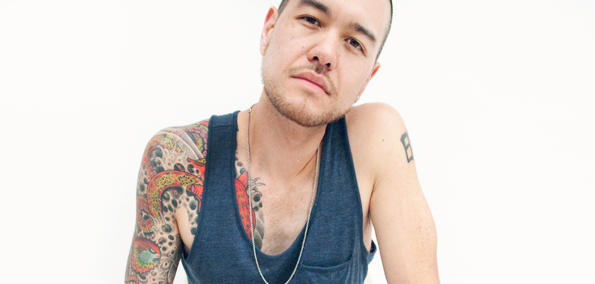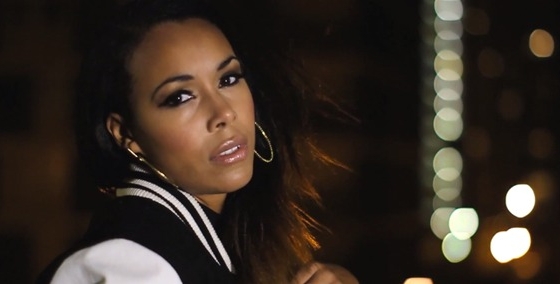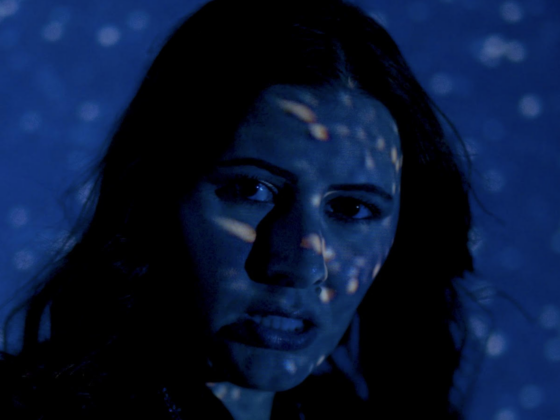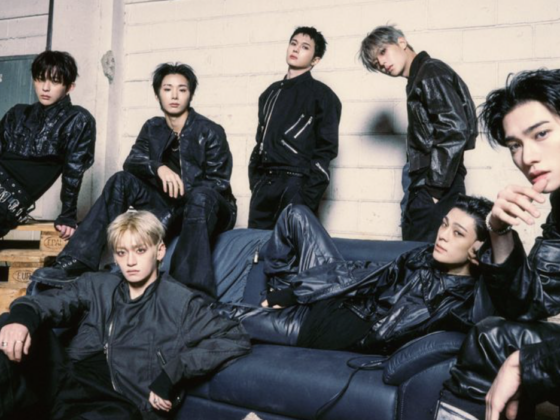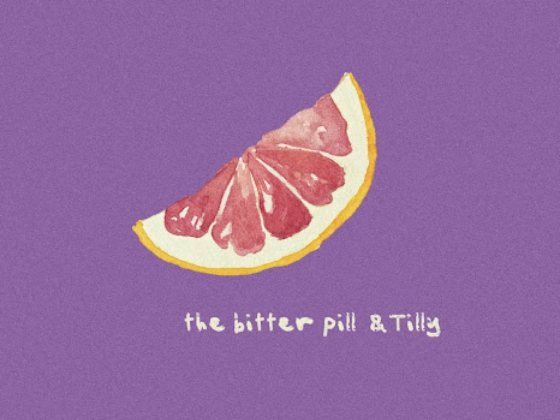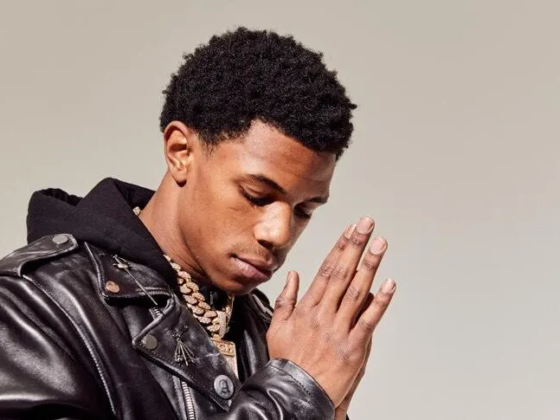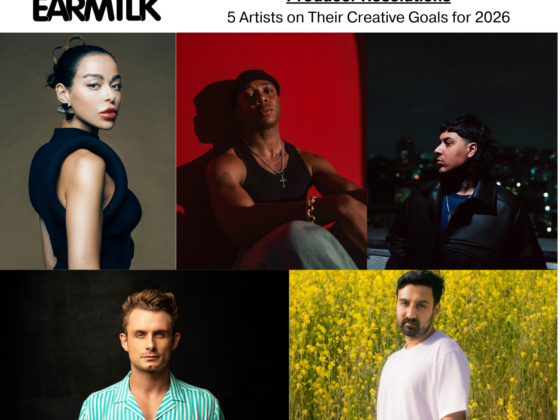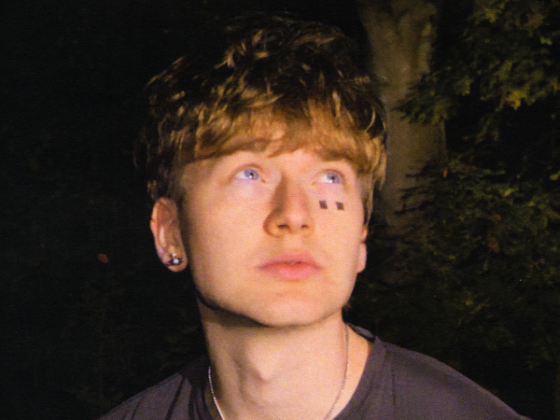In an industry that recently has come under fire for being stagnant and contrived, it’s always refreshing to know that people like Jesse Tittsworth still push the limit. The Chinese-American artist from D.C. craves the spice of life, looking for variety in everything from business to breakfast. While his mixes swing from moombahton to hard dance, his commercial ventures include producing and performing his own music, co-running a record label (T & A Records with DJ Ayres), and co-owning one of the most loved venues in D.C., U Street Music Hall.
Today Tittsworth has provided us a multi-faceted look into his creative genius, giving us a remix of Tujamo and Plastik Funk’s “Who” and an interview that touches on his start, delves into his current passions, and peeks at the rest of 2013. While many might fear touching such a well-known song, Tittsworth pulls off his revision of "Who" with style and grace. At first I wasn't sure what to expect when a radar-like pinging opened the song. But the track grows and taps into the original's signature sound, surprising me once again with a drop into a stuttered melody that simply says, "genius." Read on for the interview below.
Interview
Earmilk: Have you always been musically inclined or was being a DJ/producer something less expected? What made you take the jump into electronic music?
Tittsworth: I remember buggin my parents for music real early on. Alvin and the Chipmunks on vinyl, Michael Jackson, Prince and The Fat Boys on tape and i'll even admit to buying a Pearl Jam CD. My dad would make me mix tapes – The Beach Boys stood out the most. I also remember buggin’ my mom to let me stop taking forced piano lessons ironically enough. I started collecting records in high school, especially local band 7"'s and hip-hop 12's before discovering drum and bass and raves.
EM: How did you get your start in the industry and was there someone specifically who gave you that chance?
TW: I was an amateur hip-hop and dnb DJ/producer for 5-7 years and was pretty well respected around the way but it wasn't until i started dabbling with Baltimore club that Diplo and Turntable Lab took notice and touring would become an option. I threw this open format dance party called Krunk in the burbs of DC. It would introduce me to Dave Nada who encouraged me to upload my bootlegs to Diplo and Low B's message board hollertronix. I did this silly ass Milli Vanilli bootleg that Wes and The Lab would support and encourage me to release. I'd meet DJ Ayres soon after and put out dozens of vinyl and cd releases.
EM: How have you matured as an artist, since you first began, and what are the best lessons you’ve learned so far?
TW: I'd like to think that I’m still maturing as an artist. The basics probably haven't changed that much – work hard, be professional, stay humble, don't be a dick, work hard and work hard. There are some finer nuances that come with a few years. I probably think a little more long term, a little more about my effect on music, legacy and recognizing a few more shades of gray as opposed to black and white.
EM: The mixes of yours that I’ve listened to contain a lot of interesting vocal sampling. Is there a specific reason you seek these out? What do you think it adds to your music?
TW: When I got into drum and bass and techno real heavy I think I (happily) went half a decade without hearing any vocals. Baltimore club would become a much needed break (no pun intended) from super serious dance music and I think I started making up for lost time by trying to put my spin on the genre's signature vocal sampling and more embracing pop culture in a personal way.
EM: Also, you seem to take great liberty with the BPM in your tracks. Take Juicy Jorts for example, which ranges from a solid moombahton beat in “CLAPz” to the breakneck pace of “You Fine”. Why the mishmash?
TW: I enjoy so many different types of music that my sets and production generally spans a decent cross section and tempo. I remember there was a time where you were a DNB DJ or a house DJ, for example, and you married a tempo for a set. Before and after that time were periods were you could take more BPM liberties. I think I'm starting to level out again at least for now, seeing as I've been BPM dancing for a while.
EM: Since you play around with these uptempo beats, I was wondering what your thoughts on hard dance are? It seems to be making a bit of a comeback, evidenced by artists like Showtek making chart-topping electro house tracks.
TW: I dig a lot of those tunes, including Showtek's cannonball, for example. The drums are gully, it feels tough and hints at a familiar flavor of rave. Personally I think my challenge is to seek and even create songs within this aesthetic that don’t rely on the sample old progressive melodies on the breakdown. Effective but just a little too familiar for me.
EM: Were you to produce in a genre you’ve never done before, what genre would it be and who would you like to collaborate with?
TW: I’d like to work more with bands, specifically with lo-fi bands (maybe like Thee Oh Sees or Les Rallizes Denudes) on some teched out / bugged out LCD Soundsystem shit, and linking up with go-go musicians and getting deep and heavy with that backyard groove but in a new context.
EM: U Street Music Hall has received a lot of acclaim over the last few years. In your opinion, what is the recipe for success when creating a club? Are there any clubs that you think can be compared to yours?
TW: U Hall works well because there's a great team of people that love it who come from a dj'ing background. We prioritize and balance the details from a DJ's perspective instead of being overly profit oriented. Also a 6 figure soundsystem for 500 people helps. I’m sure each owner has his own influences but mine personally were hi-fi in Calgary, Chinese Laundry in Sydney, Revolver in Melbourne and Clash Club in Sao Paulo. I know Will and Brian favor more of a Berlin flavor, which is by no means a clashing aesthetic.
EM: Do you have any intention of possibly expanding your business ventures with more venues? And, depending on the answer to that: if you could have another club in the United Sates, where would you want it to be and why?
TW: U Street Music Hall came together because it met a very specific need for a no frills mid-sized venue in DC that focused on forward music. An amazing group of folks and circumstances clicked together and we poured our hearts into a dark black box which we're all very proud of. I can't say I would all out avoid the opportunity to do something similar again but there would have to be certain symptoms and ingredients present.
EM: What are a few things about running a club that one might not normally assume?
TW:That it's not always a glamorous job. I’ve unclogged toilets and wiped vomit from A-list chins. No complaints, I generally do so with a smile and sometimes an instagram ;-)
EM: What do you hope to achieve music-wise by the end of 2013? Businesswise?
TW: To refocus my attention on production and releases while honing in on my sound. To get my song w/ Q-Tip and Theophilus to see the light of day. To start my piano lessons again. To use a lot more reverb.
EM: Thanks for your time.
TW: Appreciate the interest fam!
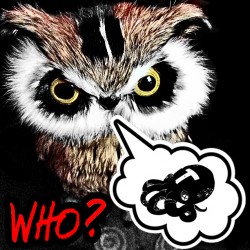
Tujamo & Plastik Funk
"Who" (Tittsworth Remix)
- 2013-05-07

